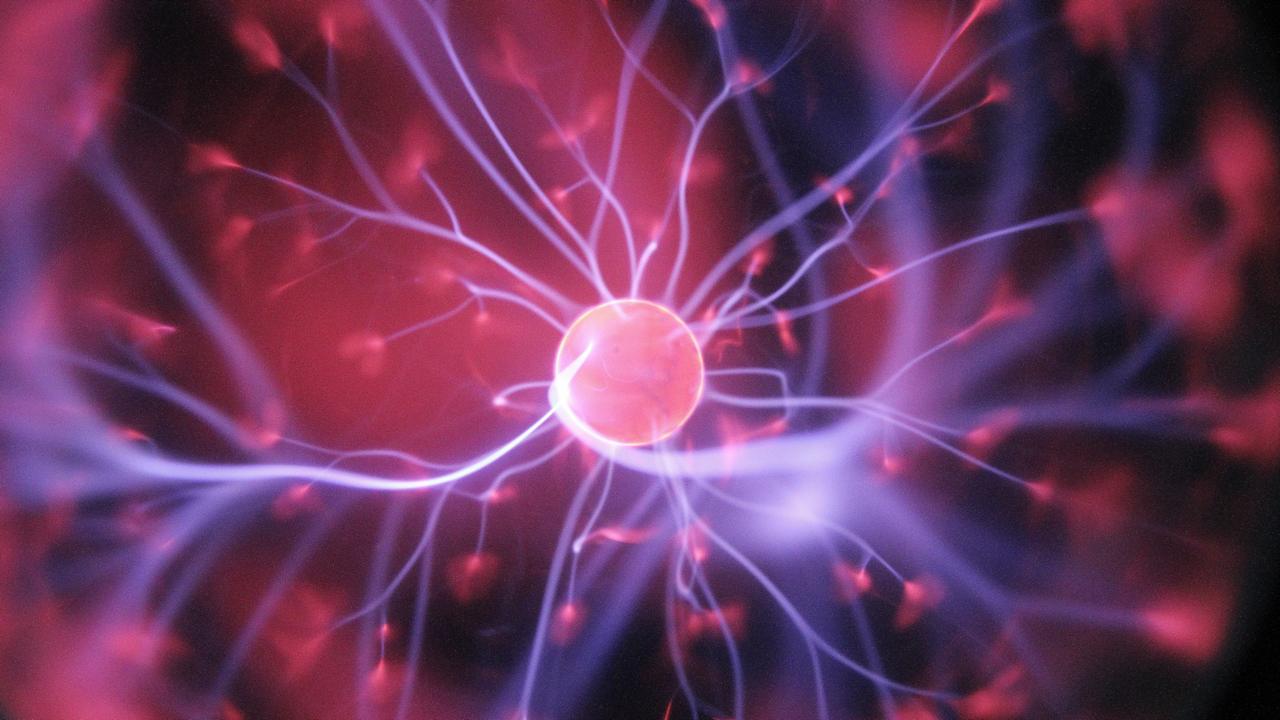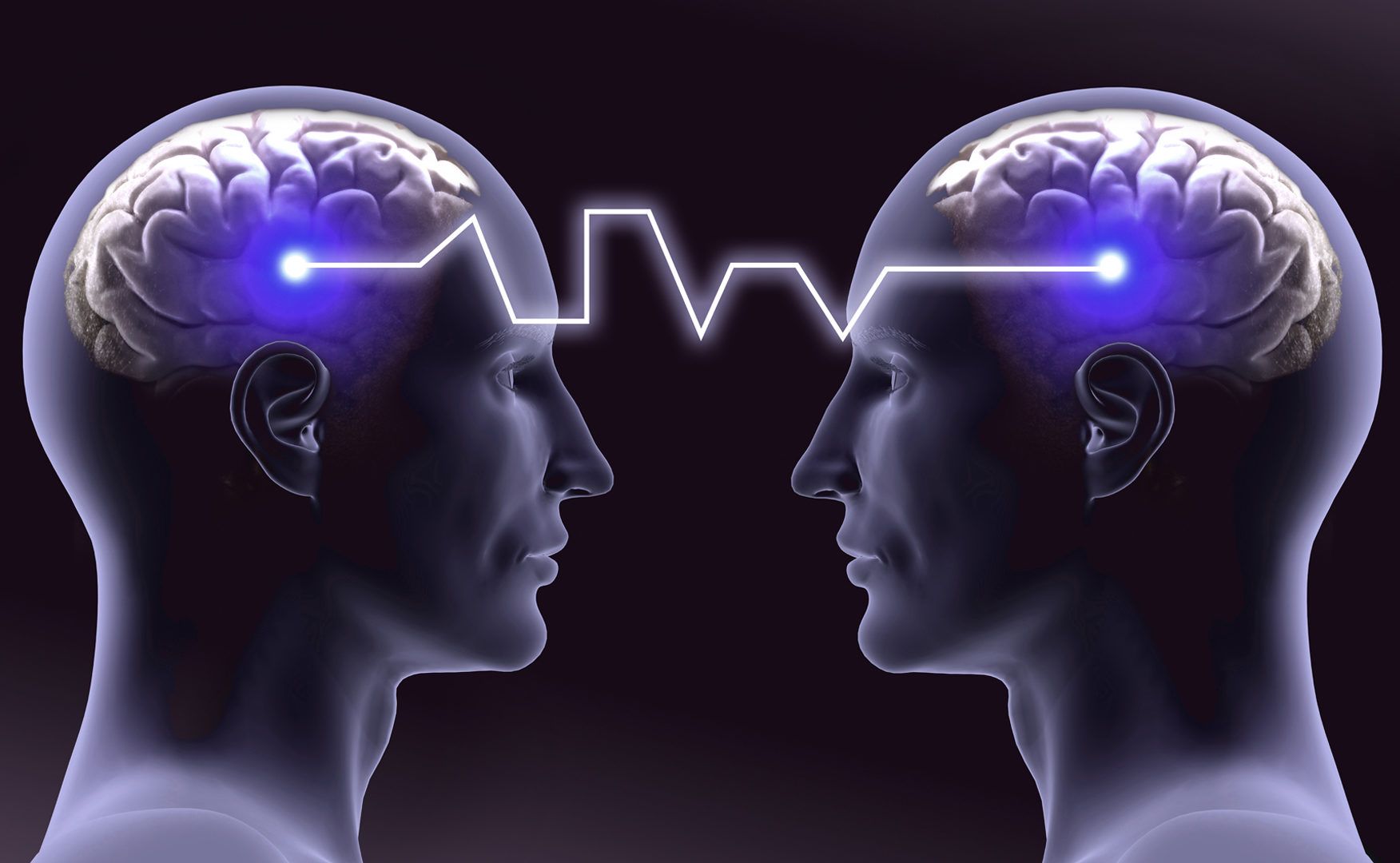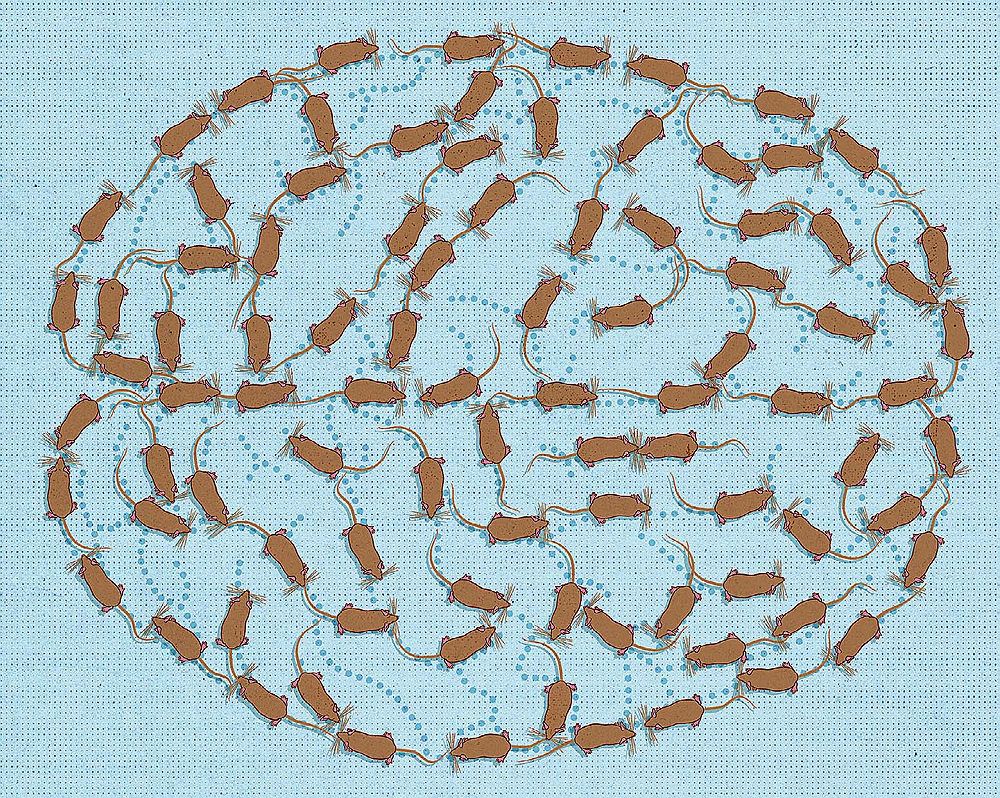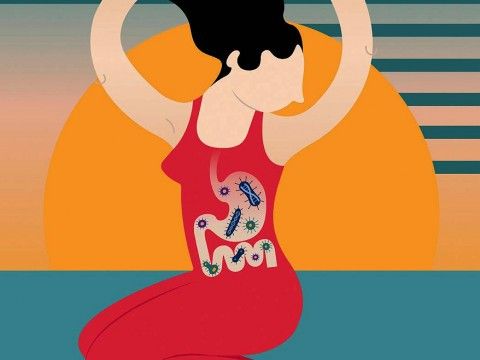Oct 29, 2018
The How, Why, and Whether of Custom Digital Avatars That Live on After We Die
Posted by Mike Ruban in categories: life extension, neuroscience
Imagine a digital avatar of ourselves living on after we die. They could help comfort our loved ones, and they could also preserve expertise and experience. There’s some benefits, but it’s still questionable if this is comforting, or just creepy.
A digital afterlife may soon be within reach, but it might not be for your benefit.
The reams of data we’re creating could soon make it possible to create digital avatars that live on after we die, aimed at comforting our loved ones or sharing our experience with future generations.
Continue reading “The How, Why, and Whether of Custom Digital Avatars That Live on After We Die” »

















